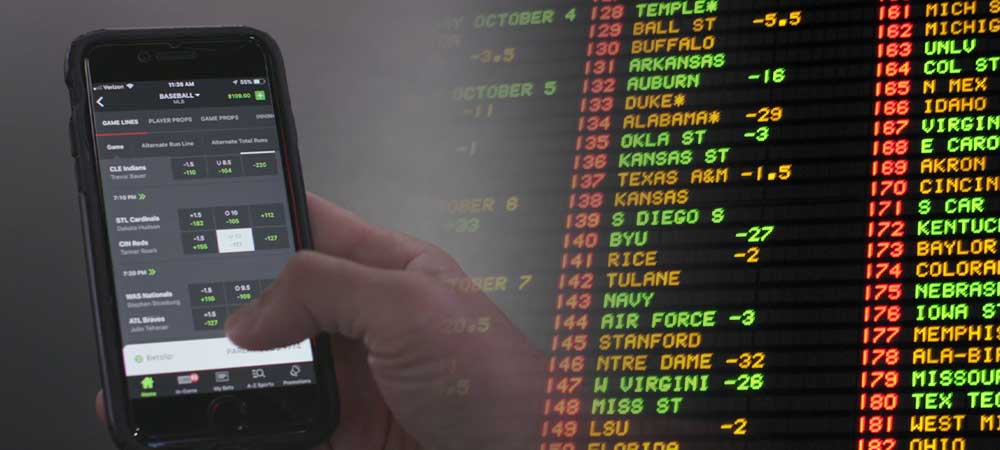- Legislators have agreed upon terms for sports betting in Tennessee.
- Without casinos, only mobile betting would be permitted under the bill.
- Governor Lee has decided not to sign the measure, nor veto it.
NASHVILLE, Tenn. – In one of the closer votes we have seen across the country, Tennessee lawmakers have decided to move forward with implementing legal sports betting laws in Tennessee.
By a vote of 19 to 12 in the Senate and 51 to 40 in the House (where 50 votes are required for passage), Tennessee Senate Bill 16 will be sent to Governor Bill Lee’s office for his signature to become law.
The anti-gambling Governor, however, has expressed his plan to not sign the bill, though he will not veto it either, allowing it to come into effect anyway.
Under the provisions of the bill for sports betting in Tennessee, mobile wagering would begin at the beginning of July, without any retail locations to back up the online sportsbooks.
Tennessee will become the first state to adopt such a policy, where those who are at least 21 can participate in the hobby.
Certain individuals would be excluded from betting, such as those who are athletes (and their family members), those having confidential information about athletes, and athletic administrators.
Technology would also be put in place to ensure underage bettors cannot access the platform or enter wagers.
Wagering options will be limited; however, the state will implement full-service sportsbooks, only removing the ability for prop betting on collegiate athletes.
These bets on a players’ individual performances are not seen as the easiest way to influence the outcome of a game but can make for difficult situations for the unpaid student-athletes. Therefore, the state decided to completely remove the option so collegiate athletes and big-time gamblers couldn’t create a scandal for the state.
Though revenue numbers in legal sports betting states have been failing to hit their projections throughout the country, Tennessee has their eyes set on a $50 million a year prize, in the form of tax contributions.
Fund will be broken down into three main categories: education, infrastructure, and gambling addiction services. It is believed that 80% of the contributions will head to the lottery, who provide college scholarships to residents of the state. Local governments will receive roughly 15% of the funds to support the infrastructure projects about their towns and the remaining 5% will be left for mental health services.
Tennessee now joins the likes of Indiana, Iowa, and Montana, who are all awaiting their governor’s confirmation (or veto timeline to pass) to enact their bills into law.
Assuming all four of these states move forward with legalization, the total number of states with laws supporting a legal sports betting industry will increase to 14.

